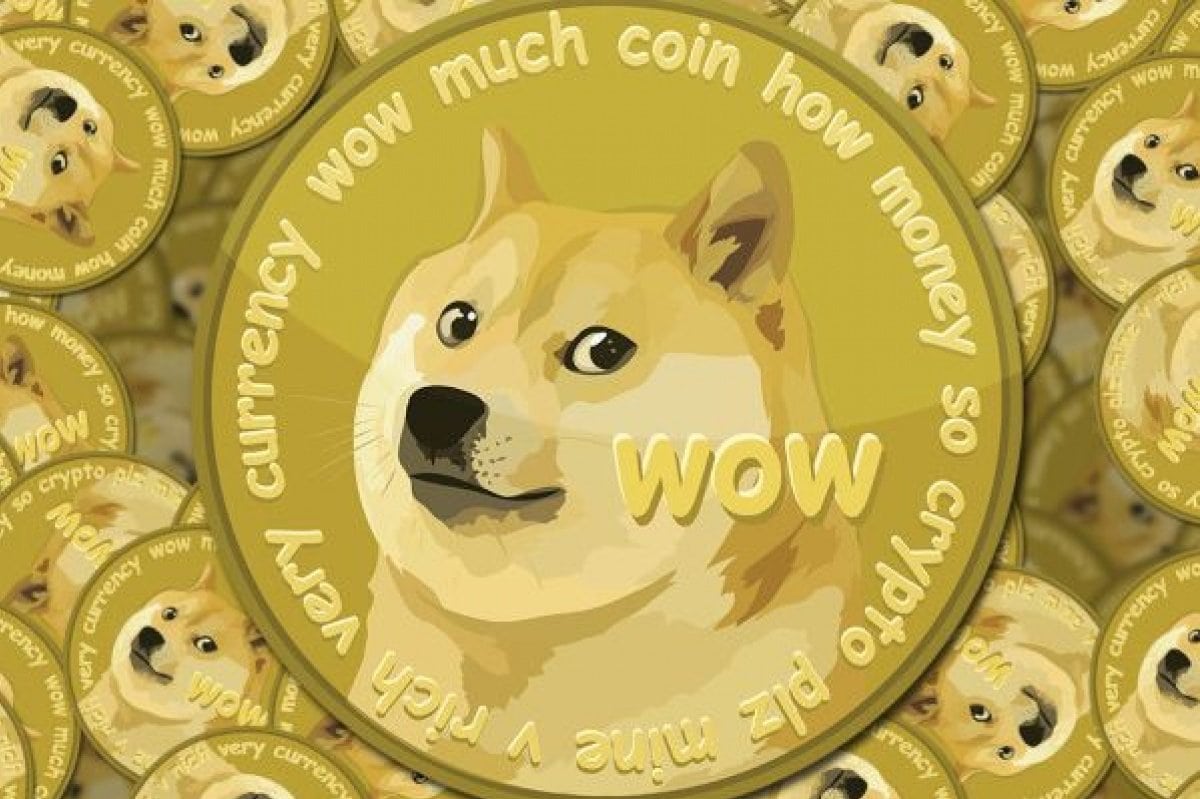Dogecoin was created in 2013 by Billy Markus and Jackson Palmer as a joke to taunt other cryptocurrencies. Dogecoin’s mascot is the Shiba Inu, a Japanese dog breed. Dogecoin claims to be fun and useless, yet it has a market capitalization of $1 billion and ranks 33rd in the world among existing cryptocurrencies.
Dogecoin is based on Luckycoin, which itself has its origins in Litecoin, the cryptocurrency in the shadow of Bitcoin. Dogecoin therefore shares several features with Bitcoin and Litecoin. Its mining process works through a “merged mining” model: it is possible for a miner to mine blocks from two different blockchains, through a consensus mechanism called Auxiliary Proof of Work.
Unlike Bitcoin, Dogecoin was designed with inflationary goals in mind: in other words, there is no limit to the amount of DOGE tokens in circulation. For those cryptocurrencies with a fixed offer, some fear that in the long term this will lead to a significant increase in transaction costs, since there will no longer be any new blocks to reward miners. For Dogecoin, the desired effects are exactly the opposite: with an unlimited offer, the fees for executing a transaction will remain insignificant. As such, Dogecoin is suitable for micro payments and targets as wide an audience as possible. This goal seems to have been achieved since the token is very popular on social networks where it is used for donations and tips.
Dogecoin is positioned as a less serious and more approachable alternative to Bitcoin. One of its main assets is its very significant and very active community on social networks: this community has also managed to finance many charitable projects.
Dogecoin is a specialist in buzz and publicity hits: the most emblematic example is that of Elon Musk. The Dogecoin team had organized a Twitter poll to determine who should be their next CEO (on an honorary basis): Elon Musk, Vitalik Buterin, Charlie Lee, or Marshall Hayner. Musk had been acclaimed by users with 54% of the votes, a vote he recognized by posting on his account profile: Elon Musk, former CEO of Dogecoin.
Musk had also said that Dogecoin was his favorite cryptocurrencies, but it is impossible to tell if Tesla’s CEO was serious or if it was a joke. Musk is no stranger to trolling and Dogecoin is one of his favorite targets.
In fact, the Twitter user known as CryptoWhale noted that each Musk intervention was followed by a Dogecoin pump.
One of Dogecoin’s co-founders, Jackson Palmer, left the project in 2015 and became one of its most vocal critics. He said, among other things
“I have confidence in the ability of the Dogecoin team to maintain a stable and secure software. But the fact that a cryptocurrency that hasn’t received updates for two years is worth several million dollars says a lot about its ecosystem.”
Although a project to design a bridge between Dogecoin and Ethereum is underway, no official status has been communicated.
Palmer has issued numerous warnings against speculators seeking to profit from the project. Dogecoin is regularly subject to attempts at price manipulation: in July 2020, users of Tik Tok encouraged investment in cryptocurrencies claiming that it was possible to make a profit if its price reached 1 dollar. The attempt had failed but the price had risen by 40% in the hours following the release of the video.


